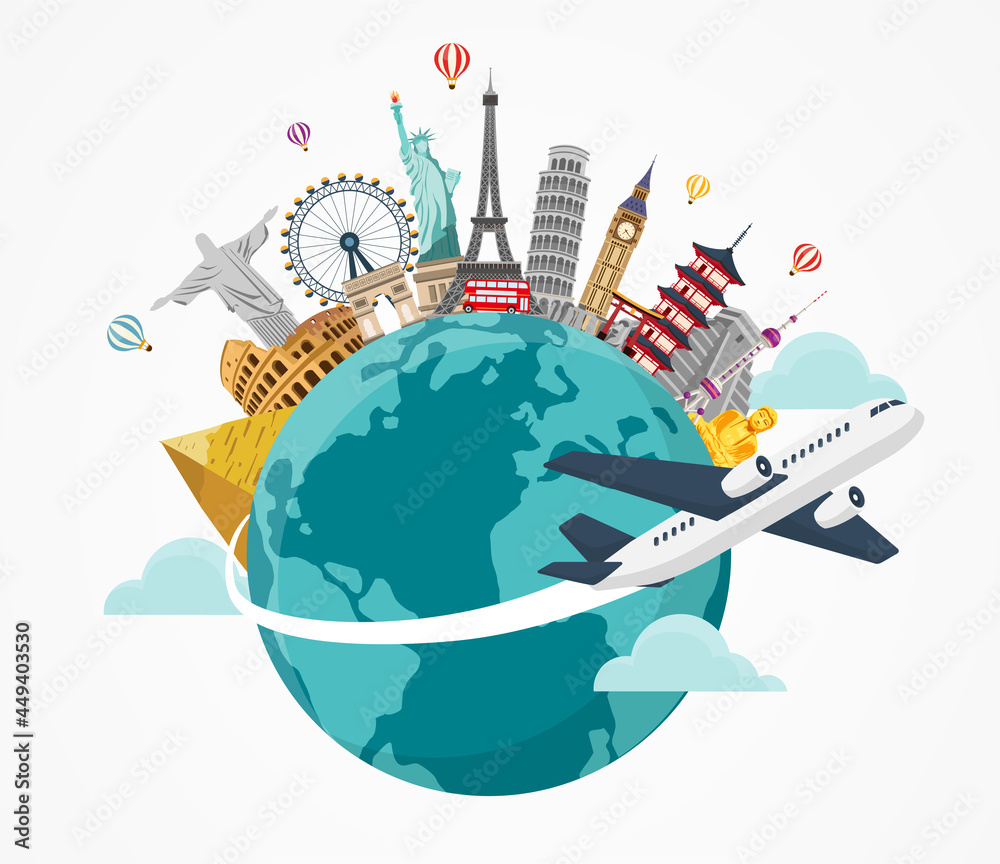
Years ago, the website Earth Porm shared my article “The Ultimate Guide to Traveling While Broke.” As I reviewed the comments on the post, I was disheartened by the unkind and dismissive remarks people made, along with their misunderstandings about travel.
These remarks made me understand that, despite the abundance of detailed websites and books explaining how to make travel budget-friendly and accessible, too many individuals still cling to the belief that travel is costly, dangerous, and unachievable unless you possess wealth.
Countless people say, “I can’t. It’s unfeasible” and develop a cynical perspective on travel. The belief that travel costs a fortune could not be more inaccurate (I wrote an entire book confirming that very idea.)
Yet individuals continue to have various misconceptions about budget travel and safety abroad.
Therefore, today, I aim to dispel 7 of the most prevalent travel myths I’ve encountered throughout the years:
Myth #1: Travel is Costly
Travel requires some expenditure — and yes, that includes costs. However, the notion that travel is solely about luxurious tours, seaside resorts, and extravagant villas is outdated. Historically, subtle marketing strategies led everyone to think that “a delightful vacation equates to an expensive vacation.” After years of being inundated by those deceptive ad campaigns, our collective mindset still associates travel with affluence. I once believed this too.
However, the reality is you don’t need a trust fund or a well-paying job to enjoy a fantastic trip.
You’ll need to learn how to organize a trip.
You’ll need to save funds.
But you don’t have to be wealthy to travel. You simply need to be inventive and set the right priorities.
It’s even feasible on a minimum wage. Sure, it might take longer to accrue funds for your trip and you might have to make some sacrifices, but if you desire to travel — whether for two weeks or two years — you can find a way to make it work. Here are some initial tips to help reduce your expenses and travel on a budget:
Myth #2: Travel Credit Cards Will Damage Your Credit
Earning points and miles is the skill of using travel credit cards to obtain free travel by utilizing your routine spending. No additional purchases. No navigating through loopholes. Just gaining free travel by charging your dinners out, groceries, fuel, and other everyday expenses to a travel card.
I can’t estimate how many complimentary flights and hotel accommodations I’ve enjoyed over the years. By accumulating points and miles, I’ve managed to travel for a mere fraction of what it would have otherwise cost, unlocking numerous opportunities for budget travel.
While applying for credit cards may lead to a brief decline in your credit score, that drop usually corrects itself within two months as long as you continue to pay off your bills. Unless you plan on making a significant purchase (like acquiring a home) soon, that minor dip won’t impact you. Over time, having a greater amount of available credit will genuinely enhance your credit score. And honestly, what’s the purpose of building a credit score if you’re not going to utilize it? You strive to build good credit for the purpose of using it.
I possess over a dozen credit cards (though I only actively manage three) and boast a credit score of 797 out of 850. Provided you pay your card balance each month, there’s no reason to be concerned.
Here are some resources to guide you on your journey:
Myth #3: Couchsurfing is Dangerous
Couchsurfing is a sharing economy platform that promotes cultural exchange. Locals offer a complimentary space in their home (sometimes just a couch) for travelers to utilize and explore the city while learning about the destination.
While staying at a stranger’s home might not suit everyone, it can still be a safe and enjoyable method of travel (not to mention a budget-friendly one). Similar to Airbnb, Couchsurfing hosts have reviews and profiles you can peruse to ensure you’re connecting with someone compatible. It’s really not much different than Airbnb (except it’s free!).
Of course, if you’re not prepared to stay with a stranger, you can also utilize the app to meet people for activities instead, such as dining, having coffee, or visiting a museum. It’s an excellent approach to benefit from the app without needing to stay overnight.
As long as you apply common sense, read reviews, and follow your instincts, you can use the app safely while having fun and saving money. Families host individuals, solo female hosts cater only to women, as well as expats eager to connect with fellow travelers.
Couchsurfing and similar platforms foster vibrant communities. Because, contrary to what the news and media often portray, not every individual out there is a hidden murderer in search of their next victim. The majority of people are kind-hearted, good souls simply wanting to forge friendships and acquire new knowledge.